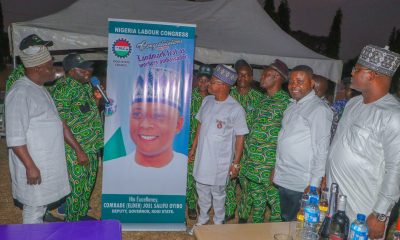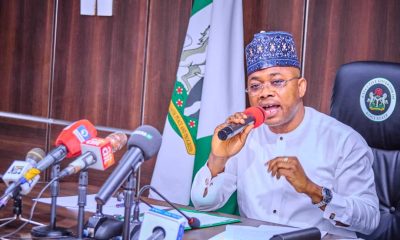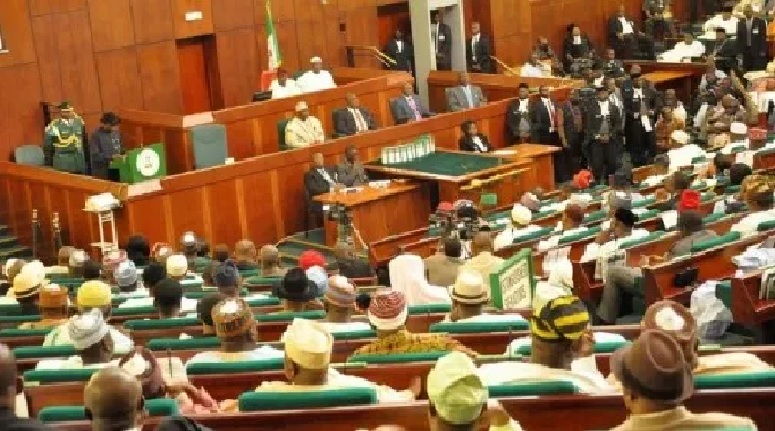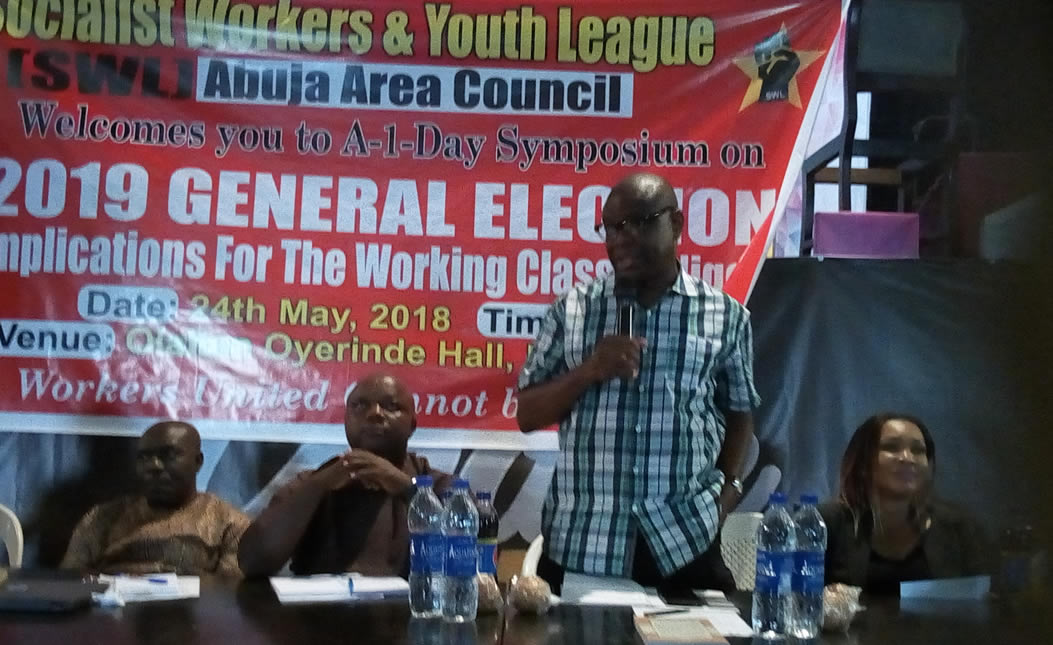Business and Economy
20 things you might not know about Nigeria economy post COVID-19 pandemic
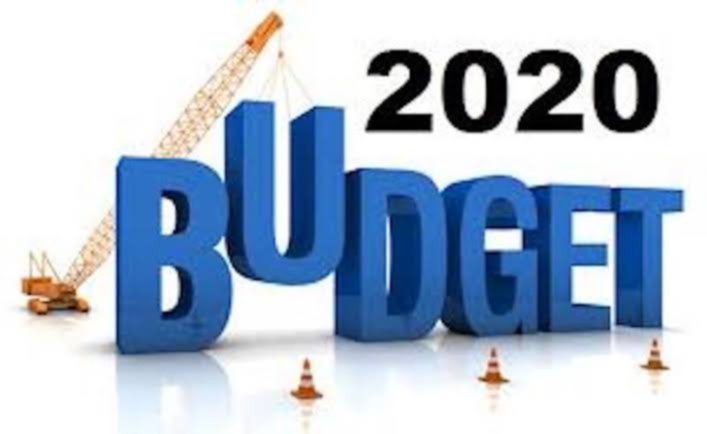
There is no doubt the current COVID-19 pandemic would be responsible for many jib lost as a result of downturn in the economy.
In the wake of this and in preparedness for any eventuality, the Ministry of Finance, Budget and National Planning and the Department for Internal Development (DFID) held a citizens’ dialogue session on Nigeria’s response to the fall in oil prices and the COVID-19 pandemic this week.
The panel was led by the Minister for Finance, Budget and National Planning, Zainab Ahmed who was supported by Clem Agba (Minister of State, Budget and National Planning), Ben Akabueze (DG Budget Office of the Federation), and Lade Jaiyeola (CEO, Nigeria Economic Summit Group).
Below are 20 takeaways from the session:
1..The federal government expects GDP to contract by 3.5% YoY (Year on Year) in 2020.
2..Oil earnings is now projected to decline by 90.0% in 2020.
3..Estimated net oil and gas revenue available for Federation Account Allocation Committee (FAAC) distribution is now projected to be 80.0% lower at N1.1 trillion. It used to be N5.5 trillion.
4..Oil production is now projected at 1.7mbpd (million barrel per day) instead of 2.18mbpd. However, an OPEC output cut agreement may also be responsible for this dip.
5..Oil price is expected to average $20 per barrel (recall that Nigeria’s budget is benchmarked on $57 per barrel).
6..The average production cost of Nigerian crude has been revised downward to $28 per barrel from $33 per barrel (with implications for Petroleum Profit Tax).
7..Customs revenue is now projected at N1.2 trillion in 2020 (vs. N1.5 trillion previously).
8..Amount accruable to VAT (Value Added Tax) pool account now projected at N2.0 trillion in 2020 (vs. N2.1 trillion previously).
9..Amount accruable to federation account now projected at N3.9 trillion (vs. N8.6 trillion previously).
10.. Projected federal government receipt from federation account for 2020 is now put at N2.4 trillion (compared to N4.8 trillion previously).
11..States and local governments are now likely to obtain N2.1 trillion and N1.5 trillion, apiece, from FAAC (compared to N3.3 trillion and N2.5 trillion, respectively, in previous estimates).
12..Projected N5.6 trillion budget deficit to be financed through privatization proceeds (N126 billion), draw downs from FGN Special Accounts (c.N260 billion), bilateral/multilateral draw downs (N387 billion), and new borrowings (N4.6 trillion).
13..Debt service pressure to be eased by significant moratoriums on new loans (IMF’s RFI of $3.4 billion comes with 3 years moratorium) and expected deferrals of current debt service obligations until macro conditions improve.
14..As part of measures to alleviate the impact of COVID-19, the government has set up an Economic Sustainability Committee to, among others, assess systemic vulnerabilities and develop programs that would make the expected recession short-lived and ensure sustainable long-term growth.
15..Measures are underway to strengthen agricultural value-chain with strategic focus on land acquisition, road networks, and funding.
Government also plans to off-take agro-products when market conditions are unfavourable.
16..Government is looking at funding support for the aviation sector.
17..The president is likely to decide on land border closures after the current health crisis. Negotiations with neighboring countries have been smooth.
18..Although similar challenges were faced in 2016, Nigeria currently has significantly lower fiscal buffers.
19..The budget office is finalizing a revised 2020-2022 Medium Term Expenditure Framework and Strategy Paper (MTEF/FSP) as well as an amendment to the 2020 Appropriation act
20..According to the Nigerian Economic Summit Group (NESG), Nigeria needs N10.1 trillion worth of interventions right now.
Author Profile

Latest entries
 NewsNovember 30, 2024NGIJ Congratulates Alhassan Yahaya on Emergence as NUJ President
NewsNovember 30, 2024NGIJ Congratulates Alhassan Yahaya on Emergence as NUJ President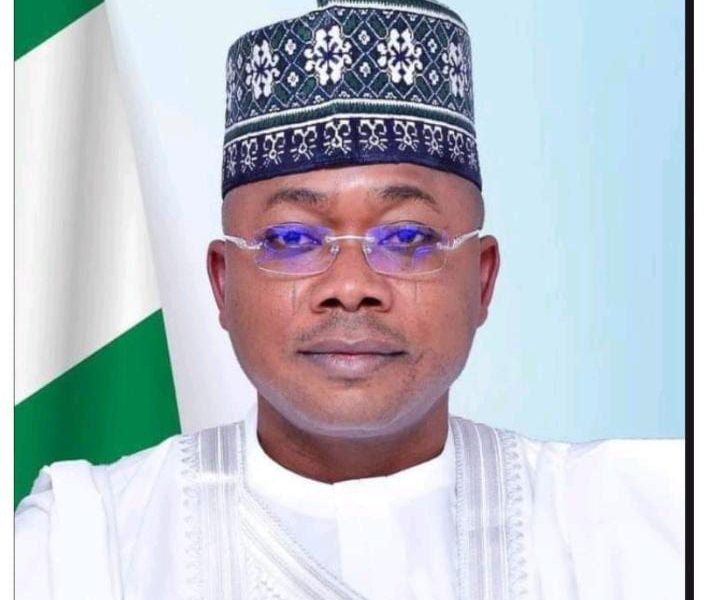 NewsNovember 30, 2024Gov Ododo Sympathizes with Kogi State Boat Mishap Victims
NewsNovember 30, 2024Gov Ododo Sympathizes with Kogi State Boat Mishap Victims NewsNovember 30, 2024Gov Ododo Unveils Blueprint for Kogi State’s Urban Revitalization
NewsNovember 30, 2024Gov Ododo Unveils Blueprint for Kogi State’s Urban Revitalization NewsNovember 30, 2024Gov. Ododo Wins Accolades from Labor Leaders for Transformative Workers’ Welfare Initiatives
NewsNovember 30, 2024Gov. Ododo Wins Accolades from Labor Leaders for Transformative Workers’ Welfare Initiatives
Business and Economy
Kogi GOBO Initiative Empowers Petty Traders in Kabba Central Market, Reinforces Support for Governor Ododo
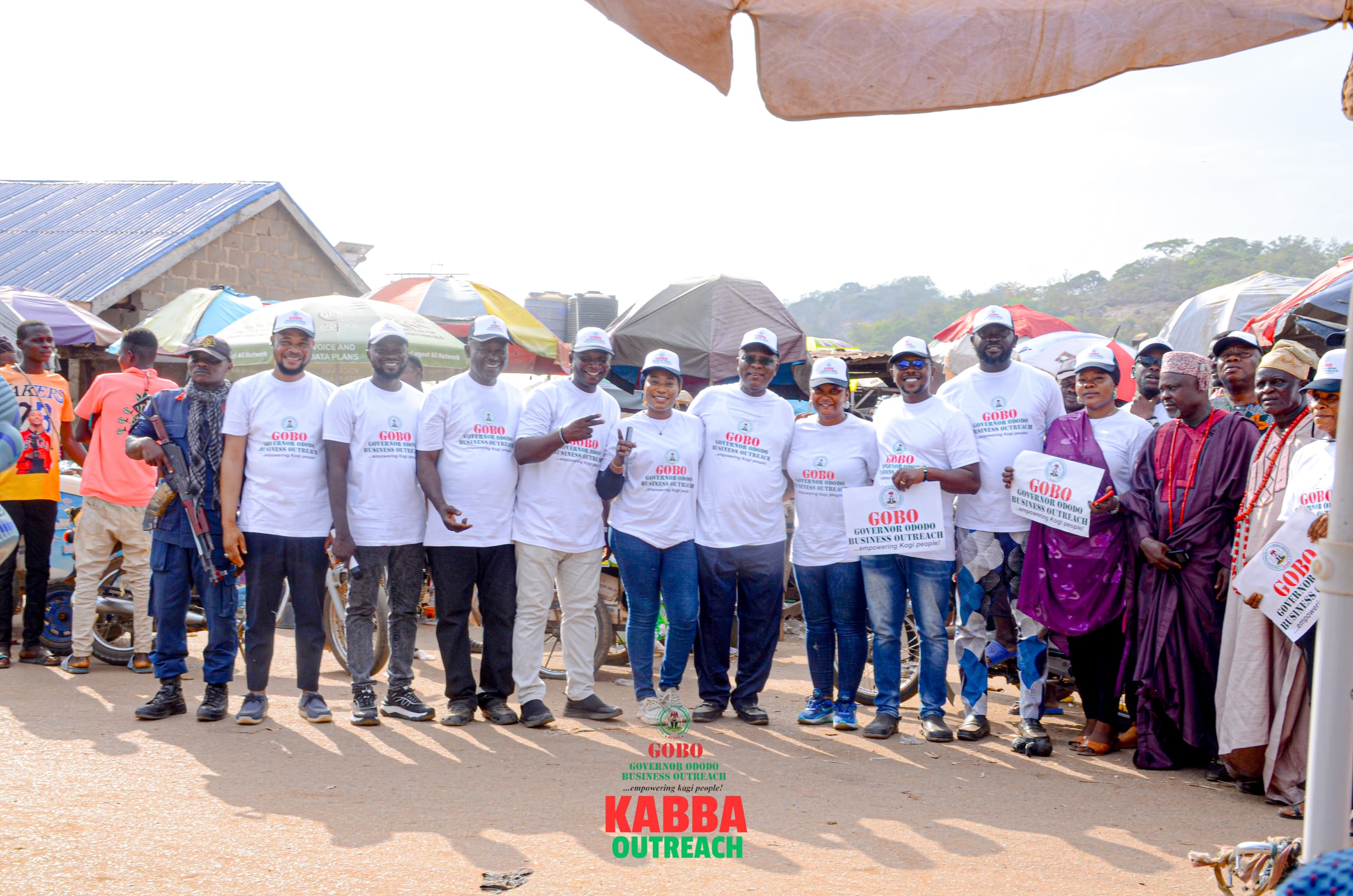
By Abah Benjamin Eneojoh
The Kogi Forum of Senior Special Assistants (KFSSA) and leaders of the Governor Ododo Business Outreach (GOBO) today 22-11-2024 visited Kabba Central Market to empower local traders and engage community leaders.
adsbygoogle || []).push({});
js">
Led by Hon. Yahaya Shehu Ahmed, Chairman and Director General of GOBO, the delegation began their activities with a courtesy visit to the palace of His Royal Majesty, Oba Solomon Dele Owoniyi. The traditional ruler commended the initiative and the foresight of Governor Ahmed Usman Ododo in appointing competent individuals dedicated to improving the lives of citizens.
The team then visited the official residence of the Executive Chairman of Kabba-Bunu Local Government Area, Hon. (Barr.) Zacchaeus Dare Michael. He expressed his appreciation for the efforts of KFSSA and GOBO, noting that the outreach was a commendable step toward bridging the gap between government appointees and the grassroots.
At Kabba Central Market, the GOBO team provided direct financial support to 20 petty traders, including sellers of berneseed, tomatoes, and roasted plantains. Each beneficiary received 50,000 naira to expand their businesses. The gesture aimed to improve the economic situation of the traders and inspire confidence in the government’s dedication to addressing the needs of ordinary citizens.
The initiative also included plans to monitor the progress of the beneficiaries, ensuring that the financial assistance achieves its intended purpose. Hon. Femi Esemikose and Hon. Augustine Egbebi were tasked with following up on the traders’ activities.
The success of the Kabba-Bunu outreach is expected to serve as a model for similar initiatives in other parts of Kogi West Senatorial District and the state. As the GOBO program continues to expand, more communities will benefit from its efforts to empower individuals and enhance economic development.
Author Profile

Latest entries
 NewsNovember 30, 2024NGIJ Congratulates Alhassan Yahaya on Emergence as NUJ President
NewsNovember 30, 2024NGIJ Congratulates Alhassan Yahaya on Emergence as NUJ President NewsNovember 30, 2024Gov Ododo Sympathizes with Kogi State Boat Mishap Victims
NewsNovember 30, 2024Gov Ododo Sympathizes with Kogi State Boat Mishap Victims NewsNovember 30, 2024Gov Ododo Unveils Blueprint for Kogi State’s Urban Revitalization
NewsNovember 30, 2024Gov Ododo Unveils Blueprint for Kogi State’s Urban Revitalization NewsNovember 30, 2024Gov. Ododo Wins Accolades from Labor Leaders for Transformative Workers’ Welfare Initiatives
NewsNovember 30, 2024Gov. Ododo Wins Accolades from Labor Leaders for Transformative Workers’ Welfare Initiatives
Business and Economy
Naira appreciates N28.85 against dollar at official market
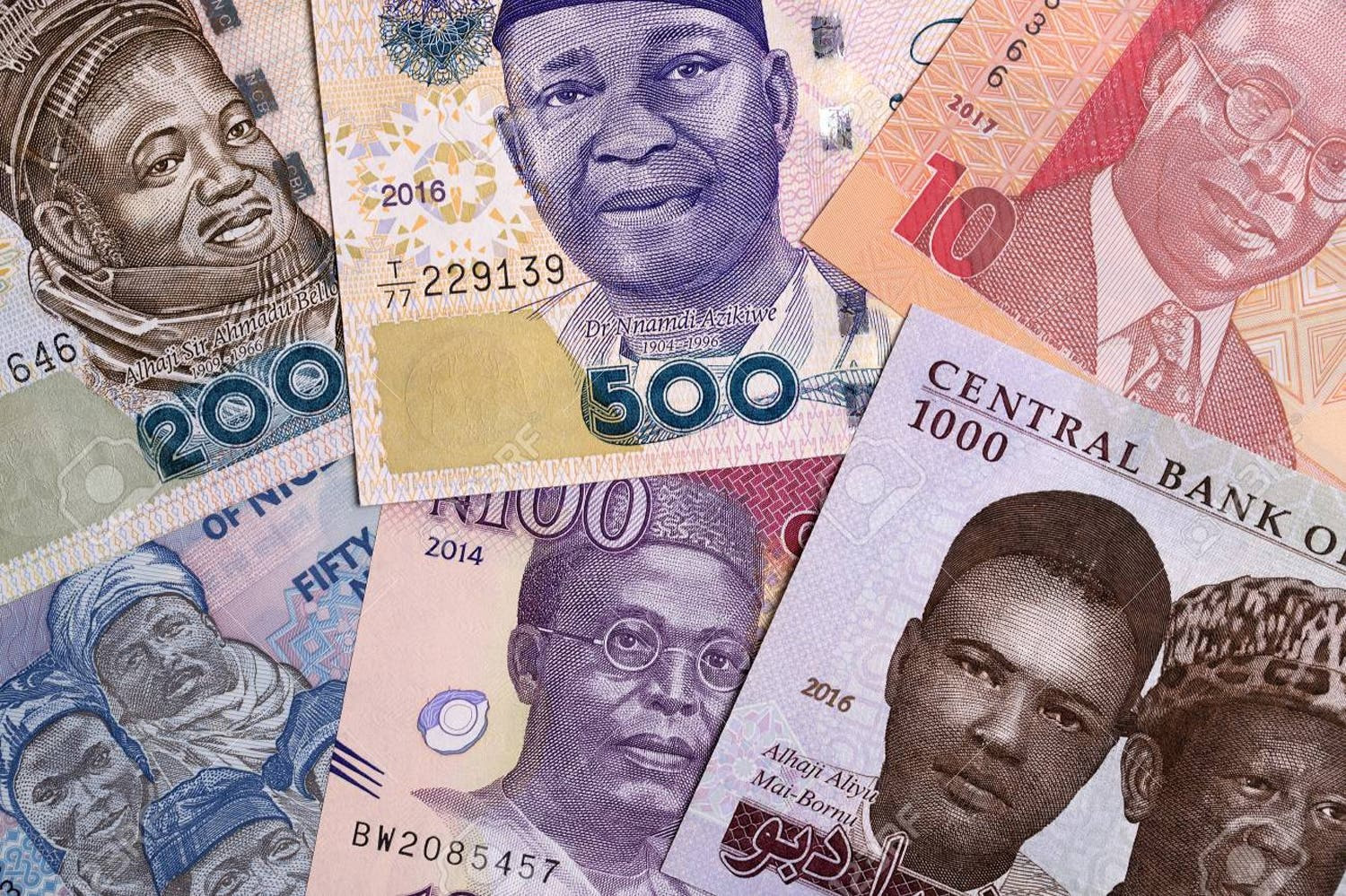
The Naira on Thursday, November 21st, 2024 appreciated at the official market trading at N1,658.67 against the dollar.
Data from the official trading platform of the FMDQ Exchange, revealed that the Naira gained N28.
adsbygoogle || []).push({});
This represents a 1.7 per cent gain, compared to the previous trading date on Wednesday when it exchanged at N1,687.52 to a dollar.
However, the total daily turnover reduced to 163.66 million dollars on Thursday, down from to 173.29 million dollars recorded on Wednesday.
At the Investor’s and Exporter’s (I&E) window, the Naira traded between N1,707.50 and N1,631.00 against the dollar.
Source: NAN
Author Profile

Latest entries
 NewsNovember 30, 2024NGIJ Congratulates Alhassan Yahaya on Emergence as NUJ President
NewsNovember 30, 2024NGIJ Congratulates Alhassan Yahaya on Emergence as NUJ President NewsNovember 30, 2024Gov Ododo Sympathizes with Kogi State Boat Mishap Victims
NewsNovember 30, 2024Gov Ododo Sympathizes with Kogi State Boat Mishap Victims NewsNovember 30, 2024Gov Ododo Unveils Blueprint for Kogi State’s Urban Revitalization
NewsNovember 30, 2024Gov Ododo Unveils Blueprint for Kogi State’s Urban Revitalization NewsNovember 30, 2024Gov. Ododo Wins Accolades from Labor Leaders for Transformative Workers’ Welfare Initiatives
NewsNovember 30, 2024Gov. Ododo Wins Accolades from Labor Leaders for Transformative Workers’ Welfare Initiatives
Business and Economy
Governor Ododo Endorses GOBO Initiative, Empowering Small-Scale Entrepreneurs and Vulnerable Populations
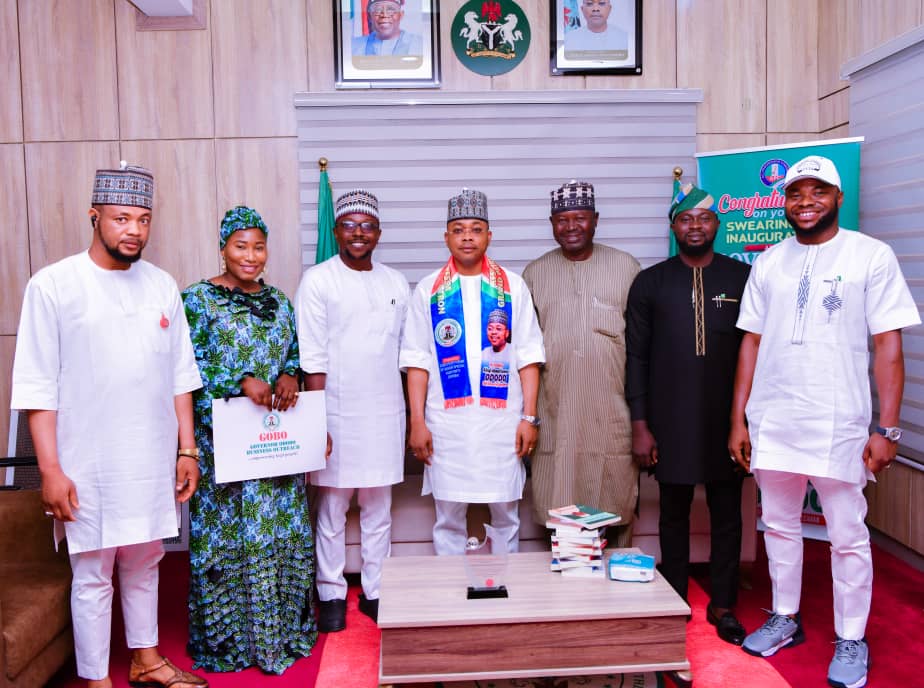
By Abah Benjamin Eneojoh
The Executive Governor of Kogi State, His Excellency Alh Ahmed Usman Ododo has thrown his weight behind the Governor Ododo Business Outreach (GOBO) initiative, a program aimed at uplifting marginalized groups and providing economic opportunities at the community level.
adsbygoogle || []).push({});
googlesyndication.com/pagead/js/adsbygoogle.js">
During a strategic meeting with the Kogi State Forum of Senior Special Assistants in his office on 06-11-2024, the Governor expressed his support for GOBO, which aligns with his vision of inclusive governance.
Launched on October 31, 2024, GOBO has already shown positive impact, with increased visibility and support among petty traders and small businesses. The initiative provides sustainable business avenues for those previously lacking access to financial resources and market opportunities.
Hon. Yahaya Shehu Ahmed, Chairman of the Kogi State Forum of Senior Special Assistants, thanked the Governor for his encouragement and support.
The Governor commended the forum’s dedication to GOBO and its commitment to improving citizens’ quality of life, assuring continued support and encouraging ways to deepen GOBO’s impact across the state.
The forum also presented an award of excellence to former Governor Alhaji Yahaya Adoza Bello, recognizing his contributions to the state’s growth and effective governance , particularly the choice of Gov Ododo and his Deputy.
This development is consistent with research highlighting the importance of government support for entrepreneurship development in Kogi State.
Shehu noted that Small and medium-scale enterprises have significantly contributed to the state’s economic growth, stressing that the GOBO initiative demonstrates the power of grassroots-driven solutions and inclusive growth, marking a step towards sustainable development in Kogi State.
Author Profile

Latest entries
 NewsNovember 30, 2024NGIJ Congratulates Alhassan Yahaya on Emergence as NUJ President
NewsNovember 30, 2024NGIJ Congratulates Alhassan Yahaya on Emergence as NUJ President NewsNovember 30, 2024Gov Ododo Sympathizes with Kogi State Boat Mishap Victims
NewsNovember 30, 2024Gov Ododo Sympathizes with Kogi State Boat Mishap Victims NewsNovember 30, 2024Gov Ododo Unveils Blueprint for Kogi State’s Urban Revitalization
NewsNovember 30, 2024Gov Ododo Unveils Blueprint for Kogi State’s Urban Revitalization NewsNovember 30, 2024Gov. Ododo Wins Accolades from Labor Leaders for Transformative Workers’ Welfare Initiatives
NewsNovember 30, 2024Gov. Ododo Wins Accolades from Labor Leaders for Transformative Workers’ Welfare Initiatives


